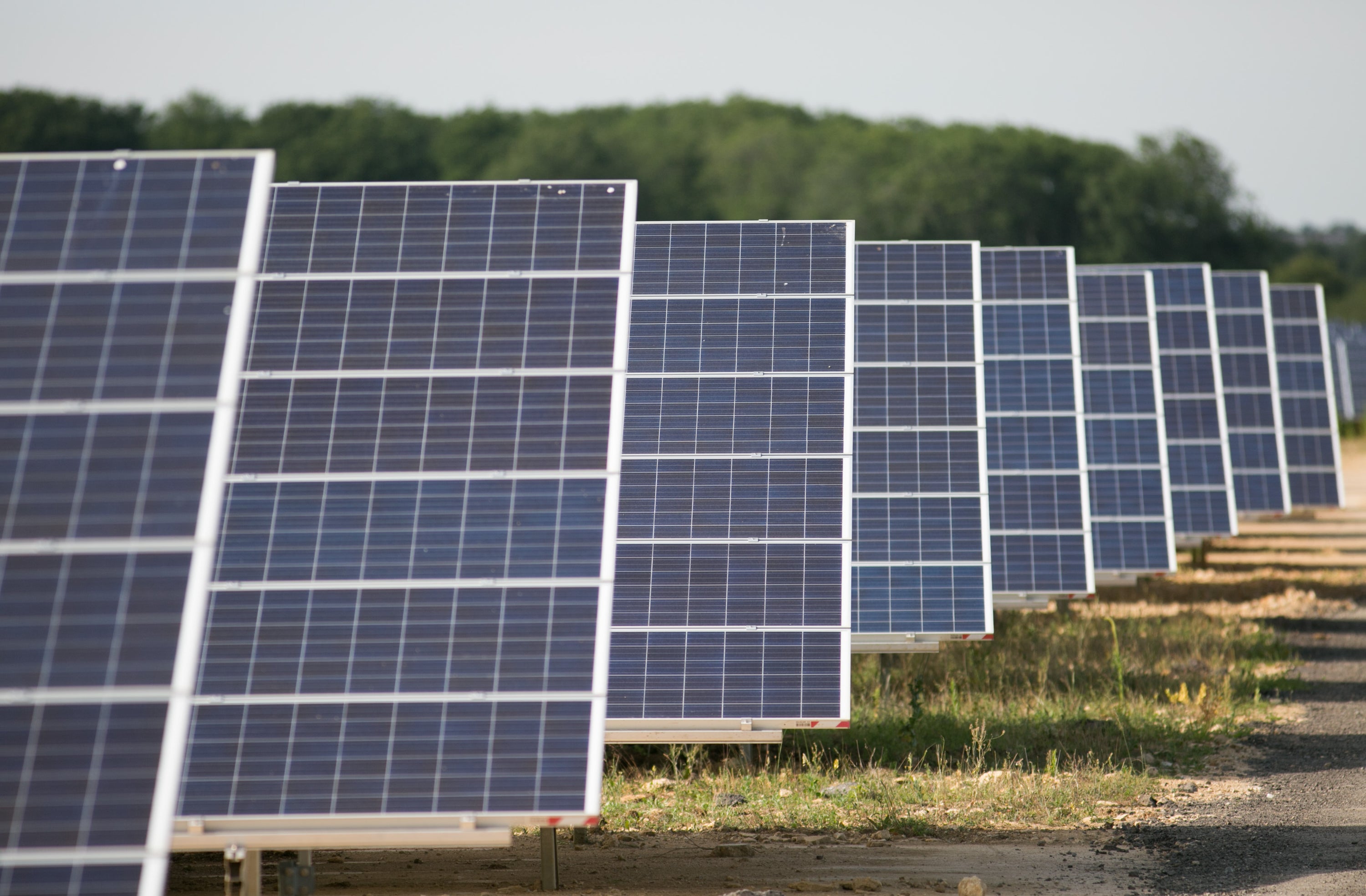Researchers find new way to extract high-purity silver from used solar panels
The process retrieves more than 90% of the silver and aluminium in 10 minutes, experts suggest.

Your support helps us to tell the story
From reproductive rights to climate change to Big Tech, The Independent is on the ground when the story is developing. Whether it's investigating the financials of Elon Musk's pro-Trump PAC or producing our latest documentary, 'The A Word', which shines a light on the American women fighting for reproductive rights, we know how important it is to parse out the facts from the messaging.
At such a critical moment in US history, we need reporters on the ground. Your donation allows us to keep sending journalists to speak to both sides of the story.
The Independent is trusted by Americans across the entire political spectrum. And unlike many other quality news outlets, we choose not to lock Americans out of our reporting and analysis with paywalls. We believe quality journalism should be available to everyone, paid for by those who can afford it.
Your support makes all the difference.Researchers have found an alternative way to extract high-purity silver from used solar panels.
The metal is essential to the functioning of the panels, but the amount of naturally occurring silver found in ores is decreasing, making supply a concern for the future.
This not only affects the production of photovoltaic (PV) cells – also called solar cells – but other essentials such as LED chips, nuclear reactors and equipment for the medical industry.
Discovered by scientists from the University of Leicester, the process recovers metals from end-of-life solar panels using cheap, environmentally friendly solvents (substances used to dissolve, extract, or suspend other substances).
As the world moves towards relying less on fossil fuels, experts suggest the uptake of solar energy is set to increase 30-fold in the next 10 years.
These new 'unusual' brines offer new possibilities for the processing of metals
Where the lifespan of a PV cell is 25-30 years, it is estimated there will be 80 megatonnes of waste from solar panels by 2050.
Dr Guillaume Zante, from the Centre for Materials Research at the University of Leicester, said: “These new ‘unusual’ brines offer new possibilities for the processing of metals.
“Unlike ‘regular’ salted water made of sodium chloride, we used choline chloride (chicken feed) and calcium chloride (a de-icing agent), but there are many different salts that can be investigated in further studies.
“Brines are a credible alternative to the toxic mineral acids used for metal processing because of their low price.
“We are now trying to apply the same approach for different metals from different sources of waste, such as smartphones, thermoelectric materials and magnets.”
The most common process typically involves mineral acids.
The new process uses iron chloride and aluminium chloride dissolved in brines to extract the silver and aluminium from solar cells.
It retrieves more than 90% of the silver and aluminium in 10 minutes.
The recovered silver is high purity, which means it can be reused in industrial settings.
According to the researchers, this is one of the first instances of using unusual brines instead of mineral acids to extract metals.
Brines are cheap and more environmentally friendly, while mineral acids are hazardous chemicals like nitric acid, which contribute to acid rain, eutrophication and climate change by releasing nitrous oxide (a greenhouse gas) in the environment.
The researchers will be at the British Science Festival this week hosted by De Montfort University.